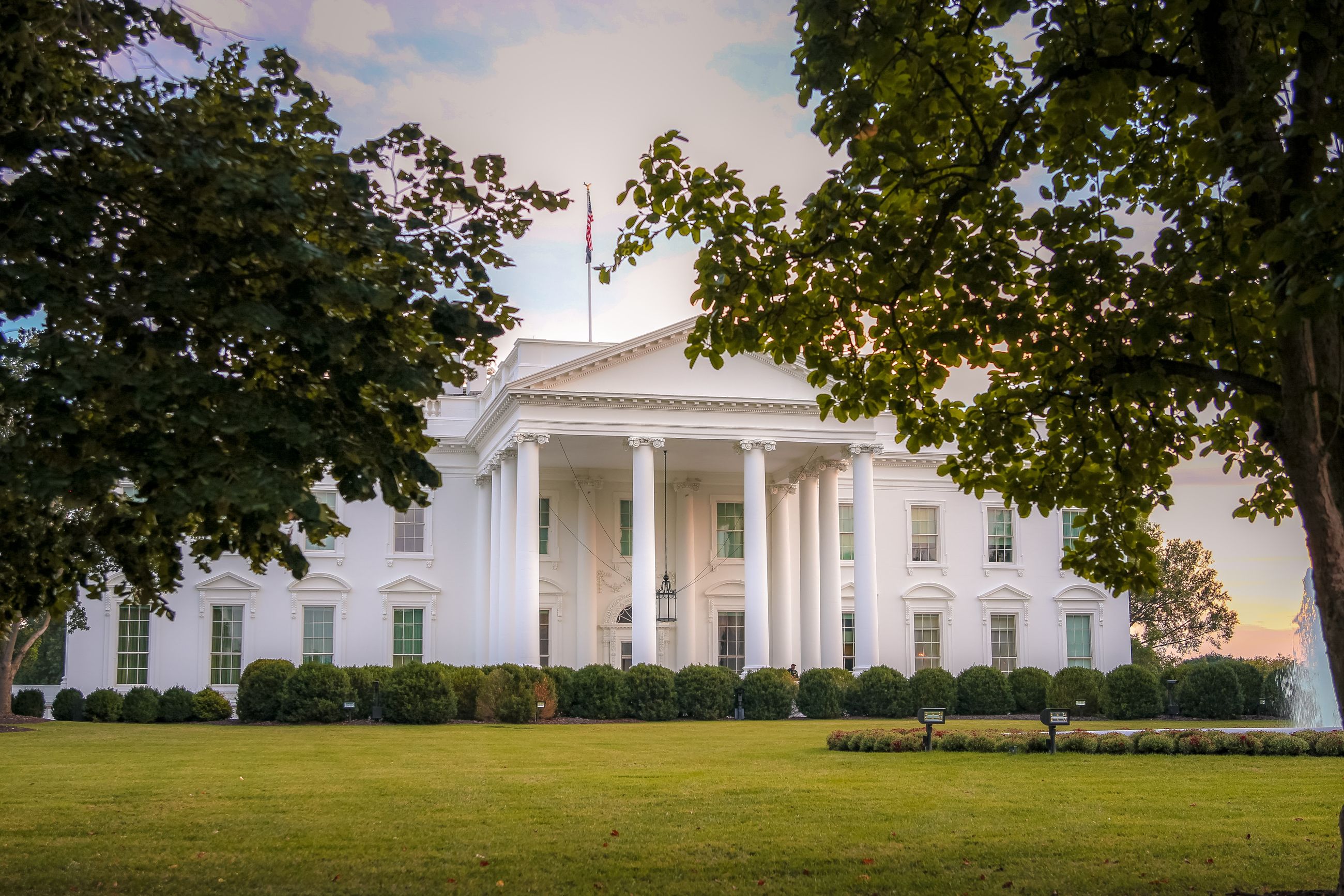Liberty Mutual Pays $4.7 Million in First Bribery Resolution Since Trump’s FCPA Rollback
Key takeaways
- First Corporate Bribery Action Since FCPA Rollback: Liberty Mutual’s $4.7 million repayment marks the DOJ’s first corporate resolution since the Trump administration narrowed foreign bribery enforcement earlier this year.
- Bribes in India: From 2017–2022, Liberty Mutual’s Indian subsidiary paid nearly $1.5 million to officials at six state-owned banks in exchange for customer referrals, generating $9.2 million in revenue and $4.7 million in profit.
- Declination, Not Prosecution: DOJ declined criminal charges after Liberty Mutual self-reported in March 2024, fully cooperated, removed implicated staff, and overhauled compliance programs.
- Compliance Overhaul: Changes included tighter third-party payment controls, added compliance resources, and new limits on social media and ephemeral messaging for business purposes.
- FCPA Still in Play: While the case doesn’t directly meet DOJ’s new priority criteria, it signals that prosecutors still have leeway to pursue U.S. companies for foreign bribery under the 1977 statute.
Deep Dive
Liberty Mutual has agreed to pay back $4.7 million in profits to the U.S. government to settle a Foreign Corrupt Practices Act case involving bribes in India, a resolution that’s as much about politics and policy shifts in Washington as it is about corporate compliance in Mumbai.
It’s the first corporate bribery action since the Trump administration hit pause on new FCPA cases in February, only to quietly restart them months later under a narrower, business-friendly scope. The White House’s line was that overseas bribery enforcement had been hampering U.S. companies abroad. But this case shows the Department of Justice hasn’t completely shuttered its anti-corruption playbook.
Between 2017 and 2022, Liberty Mutual’s Indian arm, Liberty General Insurance, sent nearly $1.5 million through intermediaries to officials at six state-owned banks. The goal was to get those banks to steer customers toward Liberty’s insurance products. The tactic worked, bringing in about $9.2 million in revenue and $4.7 million in profit. To keep it under wraps, employees allegedly booked the payments as marketing expenses.
Why DOJ Went Soft
Prosecutors could have gone harder. Instead, they issued what’s called a declination—essentially, “we’re not charging you, but you still have to pay.” That decision came after Liberty Mutual voluntarily raised its hand in March 2024, while its own internal investigation was still underway.
DOJ says the company did all the right things once the problem came to light: full cooperation, giving up names, parting ways with the people involved, and overhauling its compliance program. That overhaul wasn’t window dressing, it included tighter control over third-party payments, more legal and compliance staff, and even new restrictions on using social media and disappearing-message apps for business.
The $4.7 million repayment is the full profit from the tainted deals. Liberty Mutual also has to keep helping DOJ with any follow-on cases, including possible charges against individuals.
A Case That Didn’t Check the Boxes
What’s interesting is that this case doesn’t neatly fit the new enforcement priorities outlined by Deputy Attorney General Todd Blanche in June, which focused on links to organized crime, national security, and high-stakes misconduct. Blanche himself has said those criteria aren’t exhaustive, and Liberty Mutual seems to be benefiting from that flexibility.
In a statement, the company struck an upbeat tone, “We are pleased the DOJ acknowledged our proactive approach and affirmed our commitment to integrity and compliance across our global enterprise. We welcome this conclusion and… will continue to uphold our values and act responsibly everywhere we do business.”
For DOJ watchers, it’s a reminder that while the FCPA spotlight has dimmed under the current administration, it’s not dark. The government still expects companies to come clean, cooperate, and make amends, and when they do, a declination like this might be the prize at the end of the process.
The GRC Report is your premier destination for the latest in governance, risk, and compliance news. As your reliable source for comprehensive coverage, we ensure you stay informed and ready to navigate the dynamic landscape of GRC. Beyond being a news source, the GRC Report represents a thriving community of professionals who, like you, are dedicated to GRC excellence. Explore our insightful articles and breaking news, and actively participate in the conversation to enhance your GRC journey.
Sponsored by






.svg)

.svg)